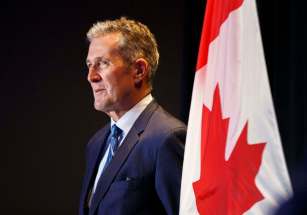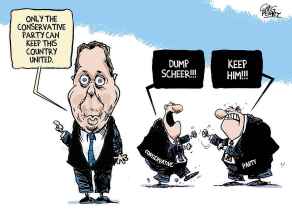NATO commitment requires buy-in from all members
Read this article for free:
or
Already have an account? Log in here »
To continue reading, please subscribe:
Monthly Digital Subscription
$0 for the first 4 weeks*
- Enjoy unlimited reading on winnipegfreepress.com
- Read the E-Edition, our digital replica newspaper
- Access News Break, our award-winning app
- Play interactive puzzles
*No charge for 4 weeks then price increases to the regular rate of $19.00 plus GST every four weeks. Offer available to new and qualified returning subscribers only. Cancel any time.
Monthly Digital Subscription
$4.75/week*
- Enjoy unlimited reading on winnipegfreepress.com
- Read the E-Edition, our digital replica newspaper
- Access News Break, our award-winning app
- Play interactive puzzles
*Billed as $19 plus GST every four weeks. Cancel any time.
To continue reading, please subscribe:
Add Free Press access to your Brandon Sun subscription for only an additional
$1 for the first 4 weeks*
*Your next subscription payment will increase by $1.00 and you will be charged $16.99 plus GST for four weeks. After four weeks, your payment will increase to $23.99 plus GST every four weeks.
Read unlimited articles for free today:
or
Already have an account? Log in here »
Hey there, time traveller!
This article was published 02/12/2019 (2205 days ago), so information in it may no longer be current.
Prime Minister Justin Trudeau and the other North Atlantic alliance heads of government will be kept busy with ceremonial events during their London gathering this week. They will be congratulating themselves and each other on keeping their alliance going and growing for 70 years of successful military deterrence. After centuries of intermittent warfare among those countries, no alliance member has been invaded these last 70 years.
Tuesday’s three-hour meeting of the North Atlantic Council offers the NATO leaders a chance to address each other. If all 29 heads of government spoke, they could each hope for about six minutes of air time. The strict limits may prevent mutual accusations and recriminations from dominating the occasion.
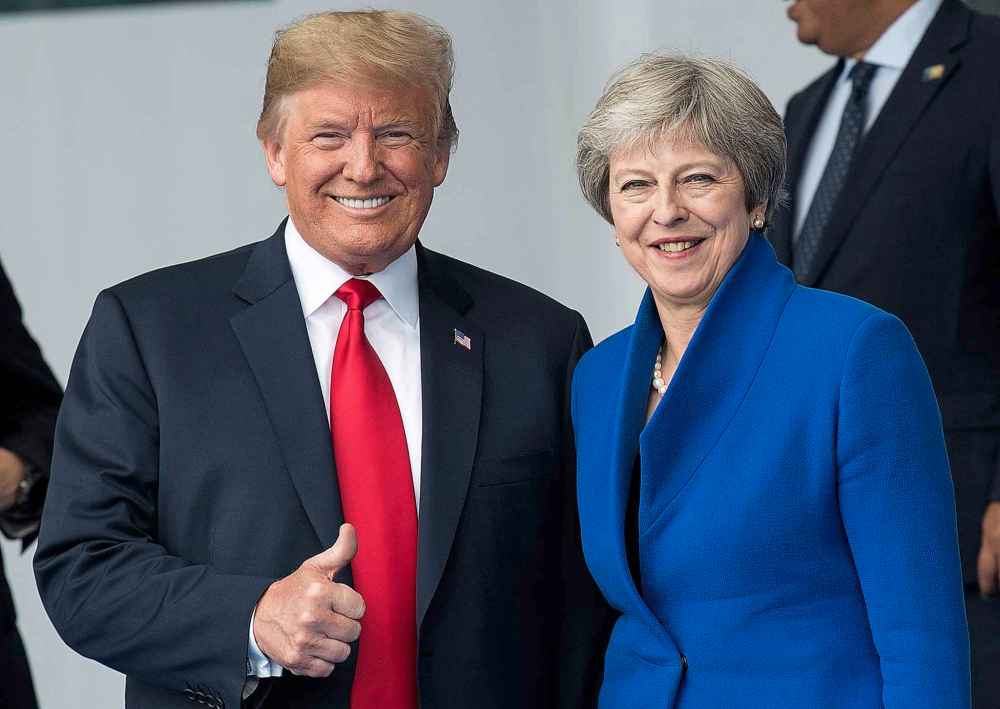
U.S. President Donald Trump has sometimes said the North Atlantic Treaty Organization is obsolete. French President Emmanuel Macron recently said it was brain-dead because it was talking only about spending levels, never about purposes. Turkish President Recep Tayyip Erdogan wants his allies to quit complaining about his attacks on his Kurdish neighbours.
If you give these political leaders and their colleagues too much latitude to discuss matters, there’s no telling what fresh disaster may arise.
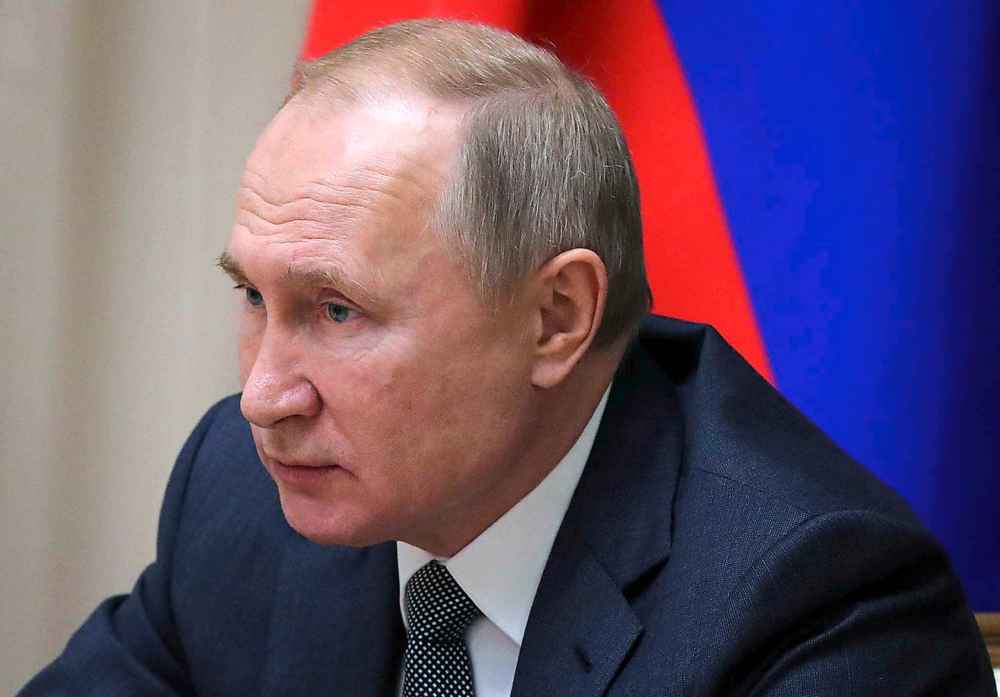
Despite the fact his country is not a member of the alliance, Russian President Vladimir Putin is probably the main factor holding NATO together. He has repeatedly violated the 1987 Intermediate-Range Nuclear Forces Treaty. He threatens to develop invincible hypersonic nuclear weapons.
He is constantly making mischief in the borderlands of the old Soviet empire — in Crimea, Moldova, the Caucasus region. He uses intermediaries to carry out overseas assassinations, cyber attacks and election meddling.
If Mr. Putin kept quiet and abided by international norms, NATO might have dissolved by now for want of an adversary. His constant provocations, however, give NATO a reason for carrying on.
By NATO staff estimates, Canada is spending 1.31 per cent of its gross domestic product on defence this year, the same as last year.
This makes Canada the 20th-largest defence spender in the 29-member alliance, in a context where other allies are stepping up their spending. While European allies are modernizing their defence forces, Canada is continuing to cash the peace dividend arising from the collapse of the Soviet Union 28 years ago.
If Canada wants a voice in NATO, it will have to pull its weight. In the current circumstances, however, it is less clear than before that NATO is a vital vehicle for defending Canada’s interests.
Mr. Trump, who blithely turned his back on his Kurdish allies in the struggle in Syria, could just as easily double-cross his NATO allies. If the United States is not going to be there when the shooting starts, NATO is a paper tiger.
Canada’s allies will be asking more and more pointedly, as they watch the comparative spending efforts, whether Canada is in or out. Canada, meanwhile, has to ask whether NATO is still a real thing.
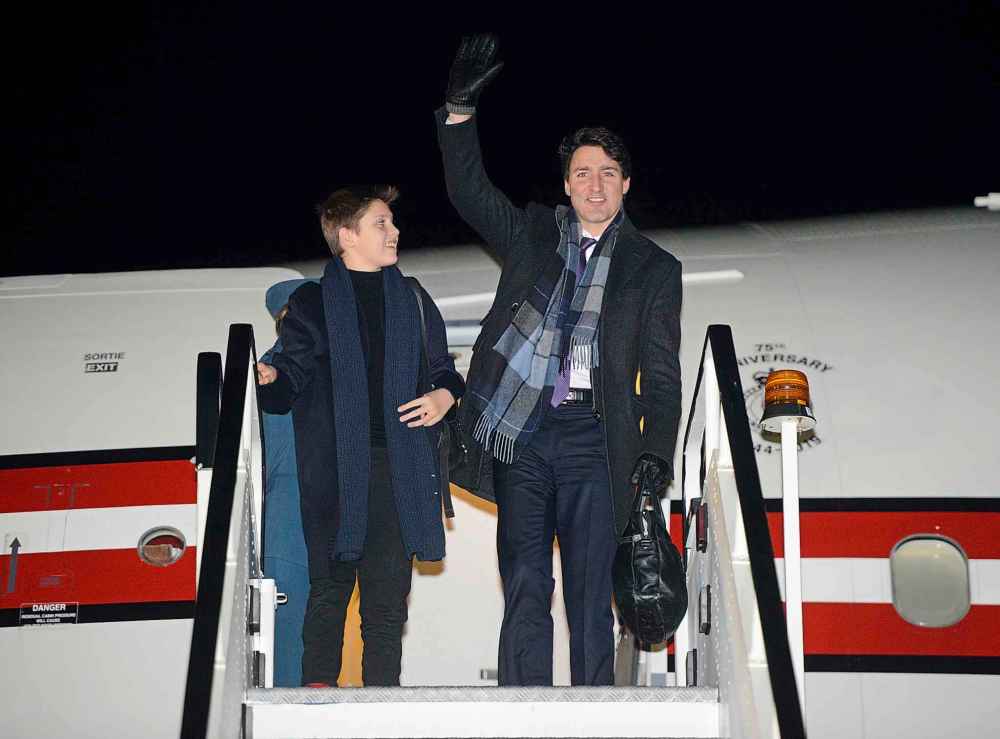
The NATO member countries promised each other in 2014 that they would stop cutting their defence budgets and move toward spending two per cent of gross domestic product on defence in 2024. Canada stopped cutting, but shows no sign of moving toward the two per cent guideline.
This country should publicly map out a way of getting closer to two per cent.
But we should not take NATO more seriously than it takes itself. We should see how deeply the United States is committed to collective security and measure our commitment accordingly.




